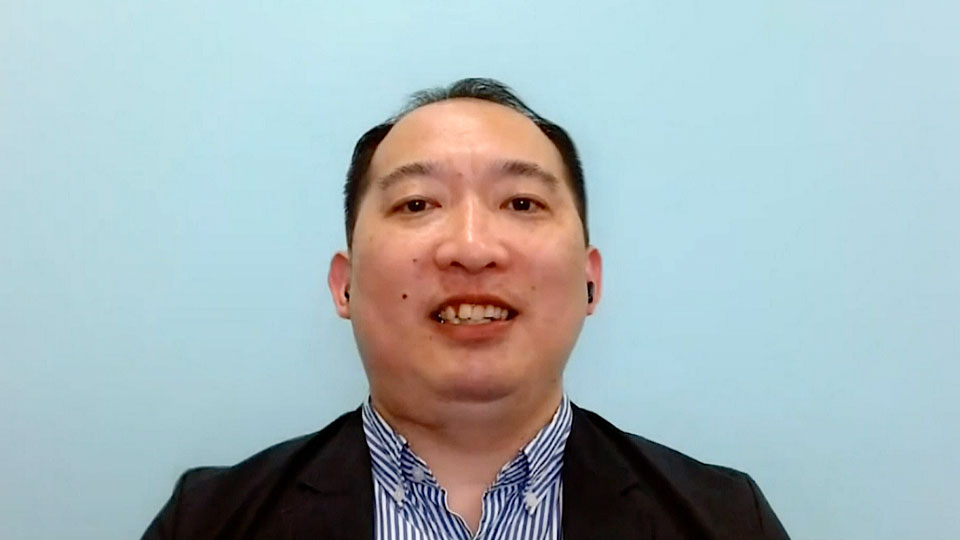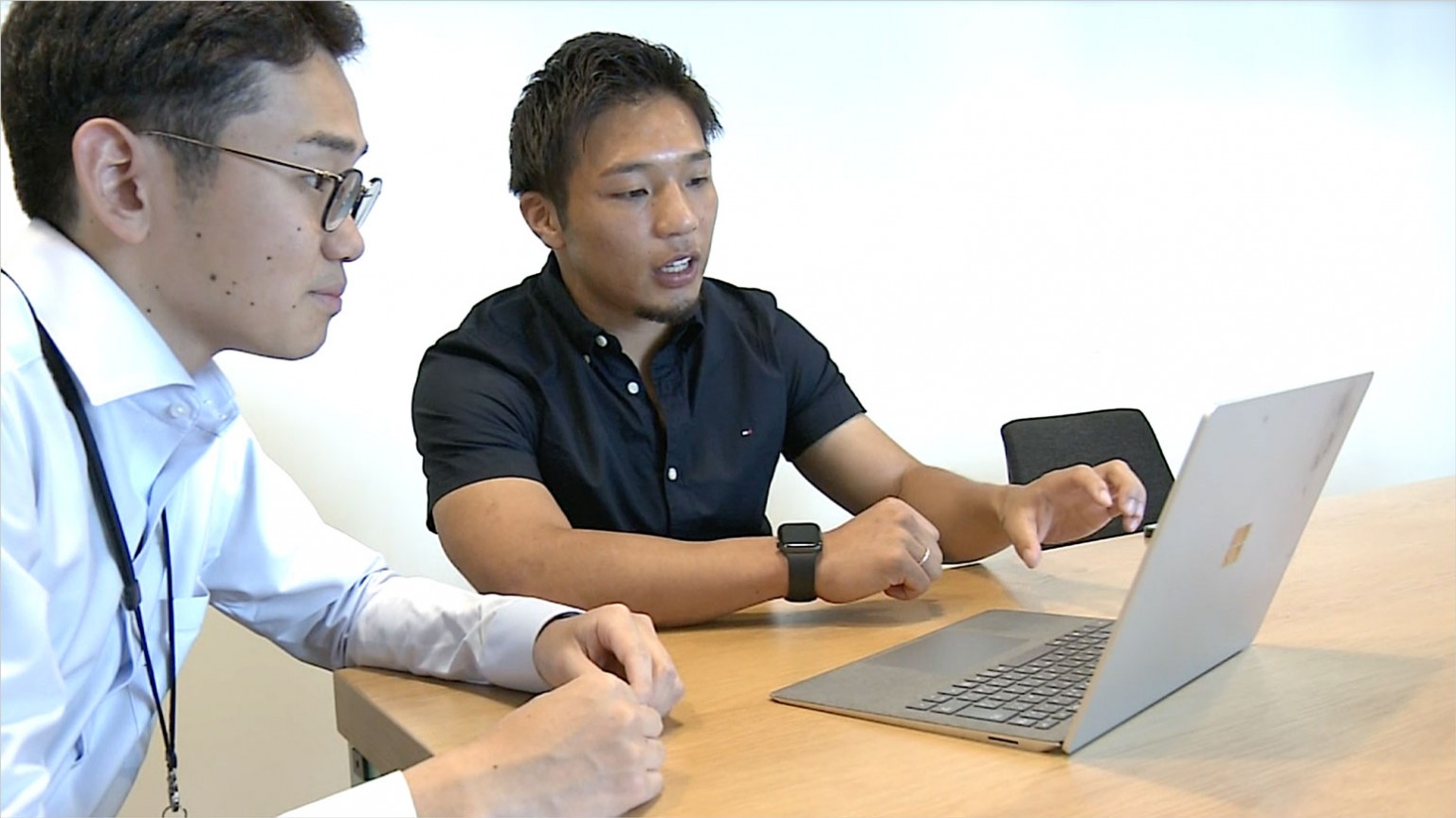Tokyo-based Uchida Keigo, 22, became interested in climate change in high school after witnessing the damage wrought by flood in his home prefecture, Hiroshima.
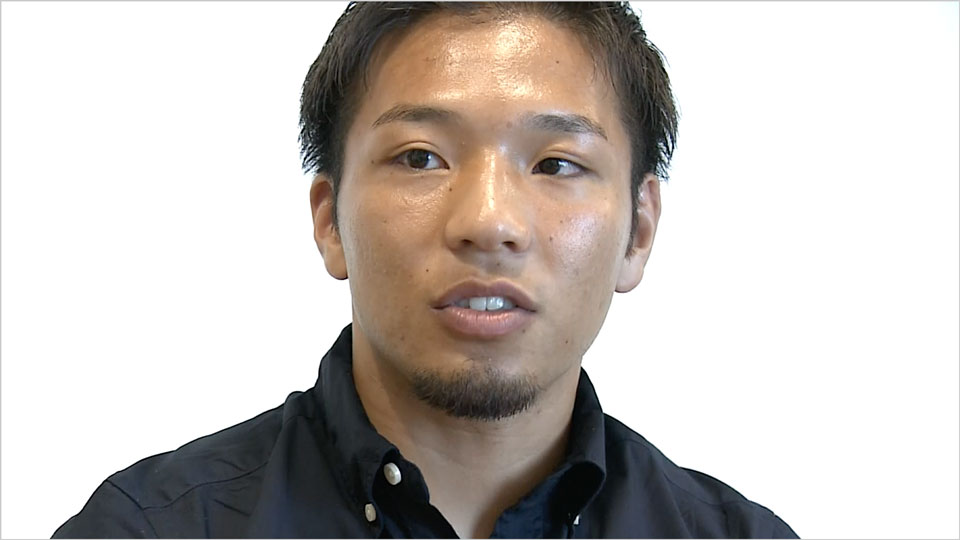
He says the decision to turn down the informal offer from the equipment manufacturer in favor of the position at the Tokyo startup, which works with companies to help them reduce their carbon footprint was influenced by the passion of the people on staff.
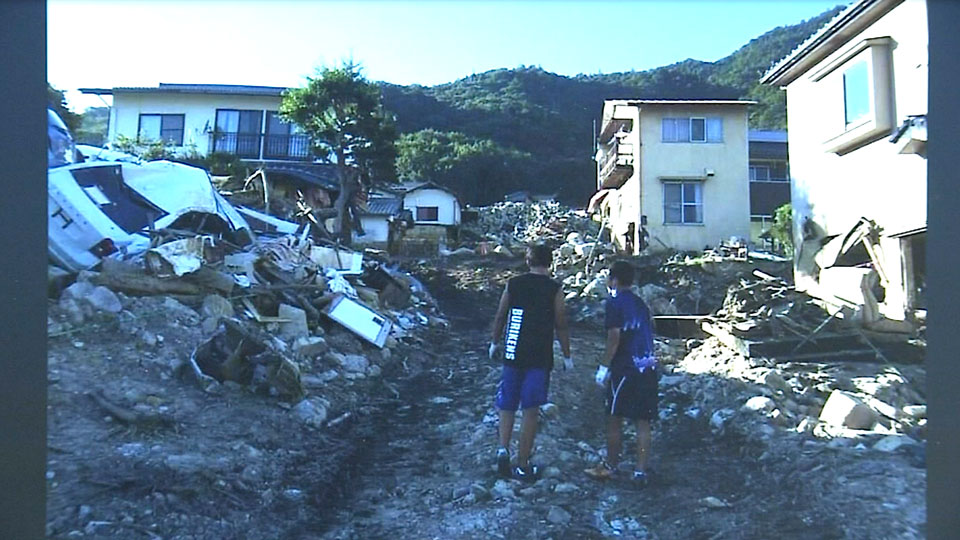
"I thought it would be a challenging job, given the global problems that climate change is causing," Uchida explains. "All companies are committed to the sustainable development goals, but I think the level of commitment differs. I care about whether my employer's intentions match my own."
Endo Masaki, who oversees recruitment at the startup, says it's "gratifying to have students who want to work for something that has value and can contribute to decarbonization and the future of the human race."
A different kind of job listings site
Three years ago, Tokyo firm Allesgood launched a jobs website with an exclusive focus on companies dedicated to ethical causes. The site features more than 130 businesses that are tackling problems ranging from climate change to poverty to gender inequality, and much more.
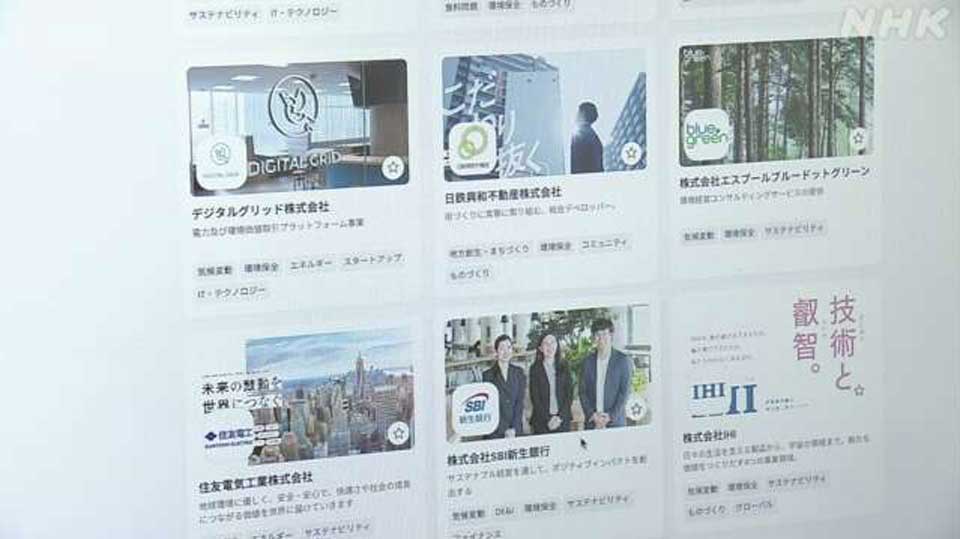
Although no details are shared about salaries or benefits, the number of users has increased to about 15,000.
One of them, a third-year student at a university in Tokyo, says no amount of money could compensate for unfulfilling work: "If I can't do what I like or what I want to do, no matter how much money I get, it will be hard for me to put in an effort. I want to get an offer from a company that I respect – where I can excel."
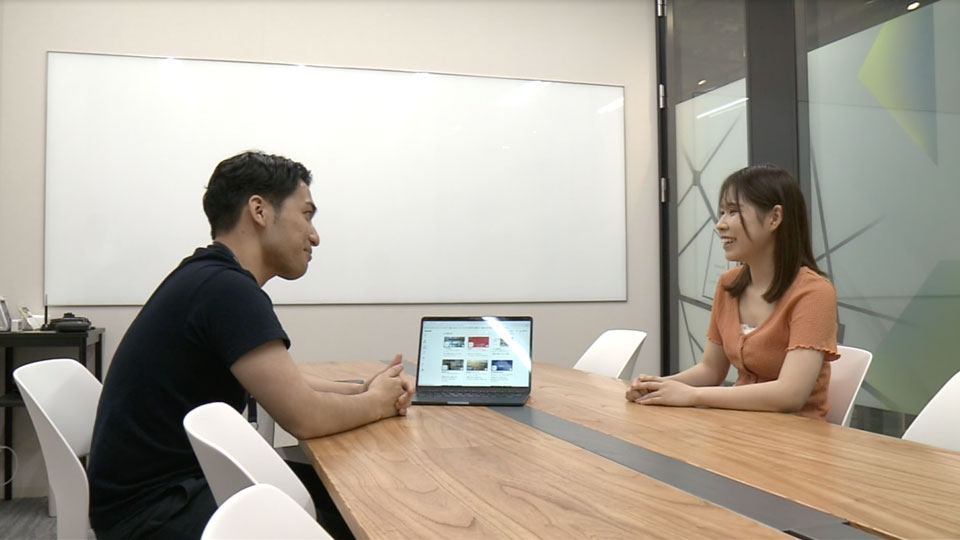
Allesgood claims its users have an 80 percent success rate at landing work. The number of companies registered is also on the rise.
"Job hunting has changed," says Allesgood president Katsumi Kimihiro. "Companies used to choose students. Now it's the students who choose the companies."
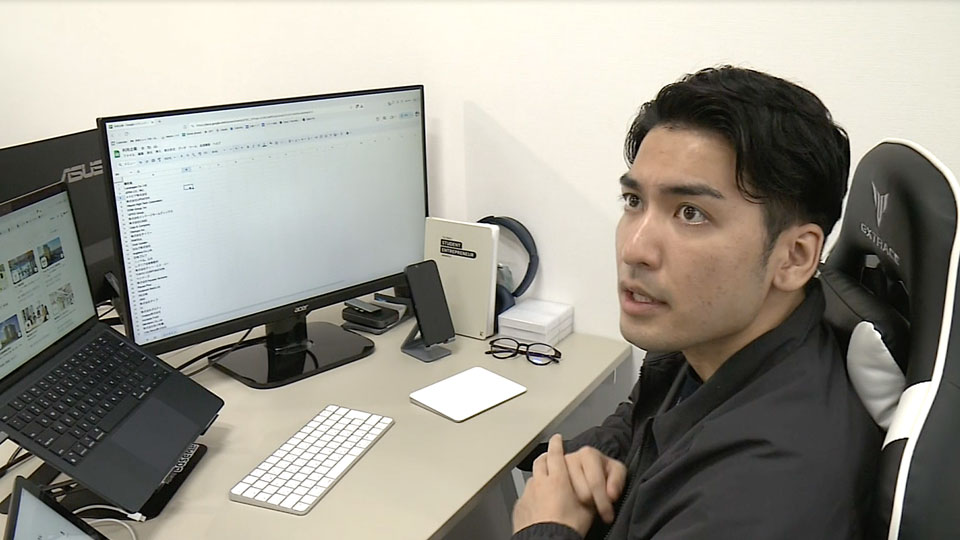
Shift in thinking
Last year, employment data firm Gakujo conducted an online survey of students from universities and other institutions who plan to graduate next year. The poll asked, "Is helping to solving social issues something you think about when choosing a job?" Nearly 400 of the 550 participants said ‘yes' or ‘somewhat.'
Tanide Masanao, a recruiting consultant, says today's job-seekers are more mindful of sustainable development goals. He says the experience of the 2011 earthquake and tsunami also taught them the value of volunteer work.
"There's also been a lot of news about redundancies and bankruptcies at established companies," he says. "So young people are increasingly aware that big firms don't last forever. They care more about what the companies do, and what their ethos is."
